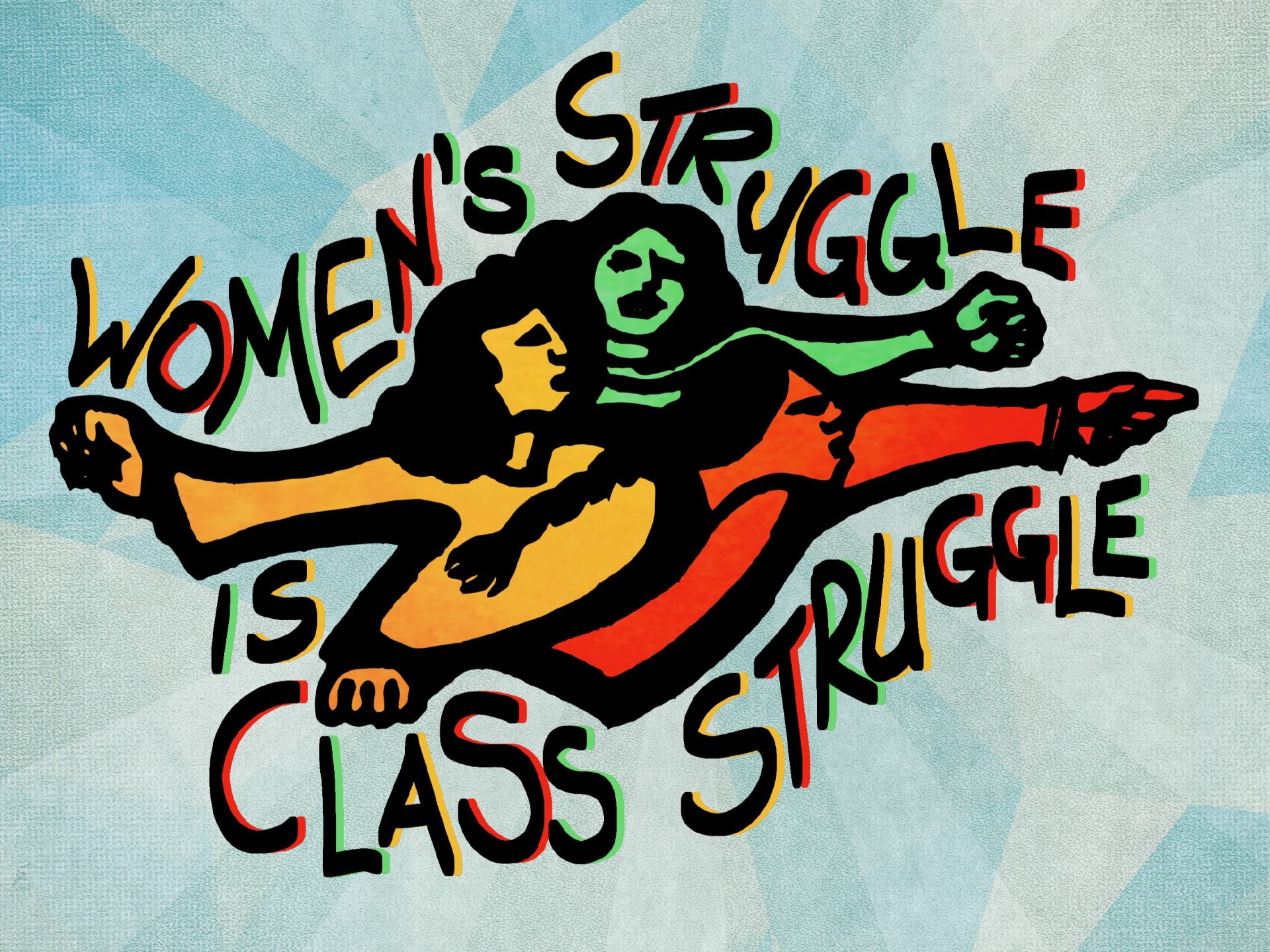
Over the past few years, working class and poor women all around the world have been thrown backwards by the crisis of capitalism.
Women made up the majority of job and income losses in the pandemic, from which they have never recovered. Half a million women who lost their jobs during the pandemic still haven’t been able to find stable employment since. Globally, the number of women and girls in severe poverty has skyrocketed. In fact, the majority of the world’s poor are women.
The conditions of poverty and pandemic isolation has led to an increase in domestic and sexual violence. Every six days, a woman in Canada is killed by her intimate partner. Indigenous women and girls are 12 times more likely to be murdered or missing. We also seen an unprecedented attack on reproductive rights. While in Canada we technically have the legal right to abortion, real access to abortion is limited to private clinics in major cities. Given these conditions, it is no wonder a United Nations report cited that it will take 300 years to achieve equality!
In truth, there is no path to full equality under capitalism. Capitalism is based on a fundamental inequality—a small layer of people owns the means of production, and everyone else has to sell their lives away generating profit for them in order to make a living. The oppression of women is a key pillar that supports this system, allowing the capitalists to keep the burden of domestic labour on women in the home, to drive down wages across the board by paying women less, and to keep the working class divided by pitting different genders against each other.
This is something that communists have always understood, and why we say that the women’s struggle is the class struggle.
We share here some key materials on socialism and the emancipation of women.
Articles

U.S. Supreme Court assaults abortion rights: Fight back with class struggle!
The statemen of our comrades in the U.S.A. on the overturn of Roe v. Wade: Yet another unprecedented bombshell has rocked the already polarized world of American politics and class struggle. In a leaked internal memo drafted by Supreme Court Justice Samuel Alito, the majority of that reactionary body outlines its case for the judicial overturn of Roe v. Wade, the historic 1973 decision that ruled that the US Constitution protects a pregnant woman’s liberty to choose to have an abortion without excessive government restriction. Now, as part of the cynical maneuvering by a segment of the ruling class to divert the class war into the so-called “culture war,” what should be a fundamental democratic right is to be unceremoniously trashed. Read more
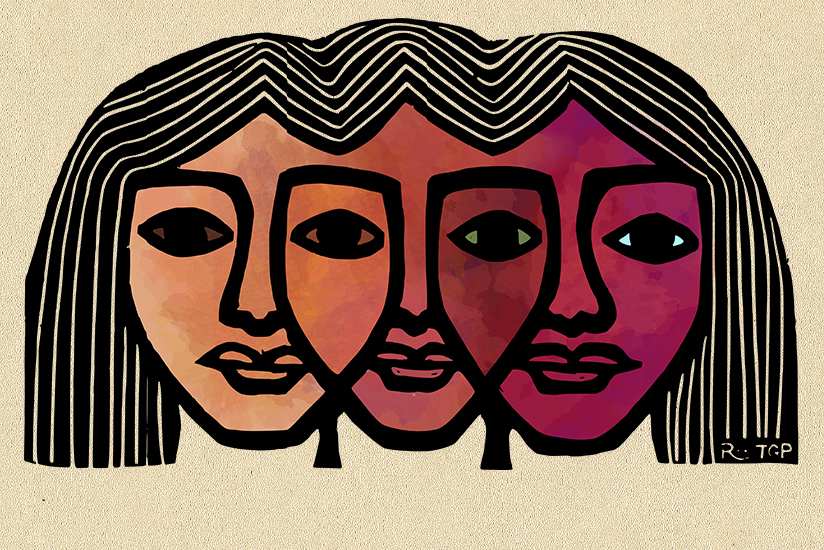
Why Identity Politics Cannot Liberate Women
Despite formal equality in law, we are still far from having achieved equality in practice. Many young people and workers are radicalized by this and are joining the fight against the oppression of women. However, for this struggle to be successful, we must have the right ideas and methods. In this text, we will contrast identity politics with Marxist ideas in order to demonstrate that the latter offers better methods in order to achieve genuine emancipation for women. Read more

The pandemic of domestic violence
Femicide—the killing of women for the simple fact of being women—is the most atrocious expression of the continued oppression of women today. The disproportionate effect of the pandemic on women has exacerbated this oppression. Lockdown measures and unemployment have pushed many women into the home, where many are trapped with abusive partners with no respite. This situation has shed light on the continuous pandemic of domestic violence under capitalism. Read more
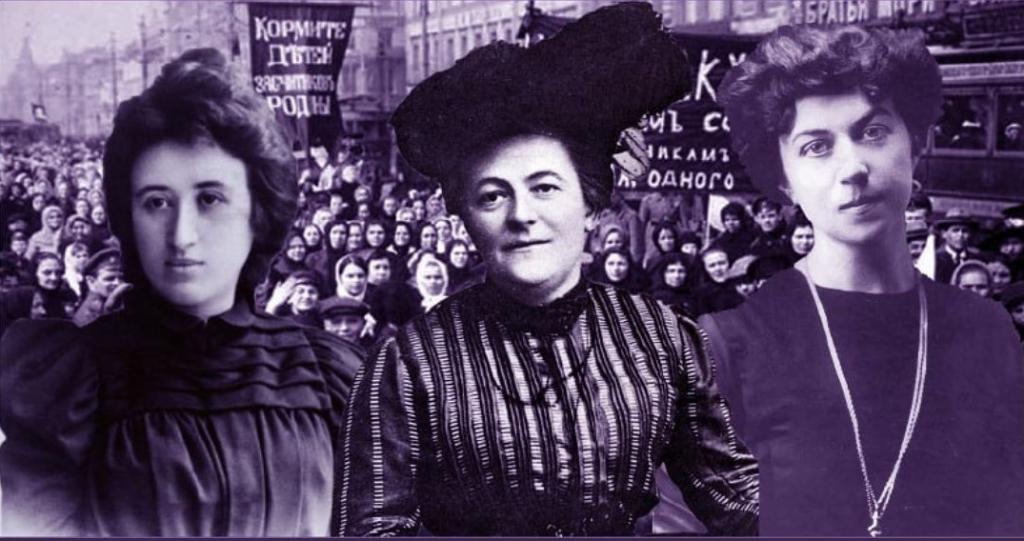
Kollontai, Zetkin, and Luxemburg: Marxists and the emancipation of women
The last few years have seen a revival of the fight against the oppression of women on an international scale. Movements for the right to abortion in Ireland, Argentina and Poland; the global women’s march against Trump; and the feminist strike in Spain: a new generation is entering the political arena to fight against the inequalities and violence women still face. These young people want to profoundly change society, and are looking for ideas to make it happen. With this in mind, the Marxist writings of Eleanor Marx, Rosa Luxemburg, Clara Zetkin, and Alexandra Kollontaï, among others, retain their relevance today. As we will see, these great socialist leaders always fought to link the struggle of women to the struggle for socialism. For them, there can be no emancipation of women without the emancipation of the working class, and vice versa. We propose here to revisit their ideas. Read more
Theory
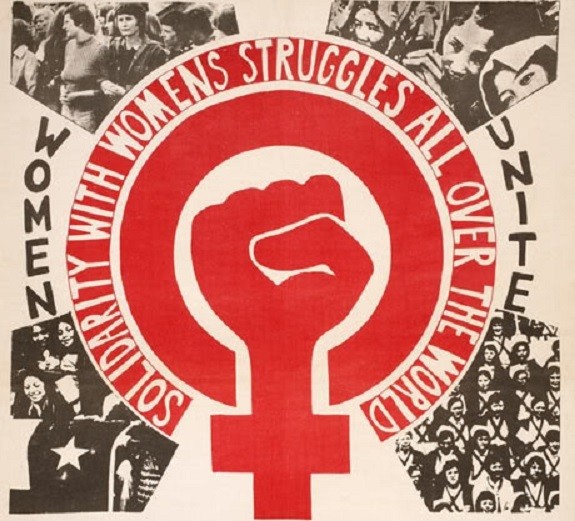
Marxism and the emancipation of women
Marxism has always been at the forefront of the cause of women’s emancipation. The 8th of March (International Women’s Day) is a red letter day for us as it symbolises the struggle of working class women against capitalism, oppression and discrimination throughout the world. In this article, we outline the first steps given by Marxism to fight for women’s rights, what the first successful revolution meant for the emancipation of women, conditions of women under capitalism both in advanced and Third World countries and pose the question of how to eliminate inequality between men and women for good. Read more
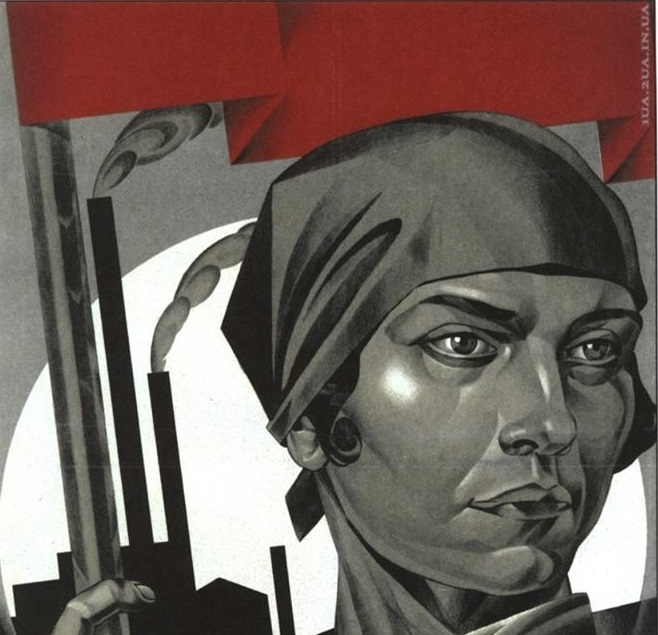
Marxism vs Identity Politics
This document, after a thorough discussion at all levels of the International Marxist Tendency over the course of 2018, was approved unanimously by the IMT World Congress held at the end of July 2018 with the original title Marxist Theory and The Struggle Against Alien Class Ideas. Its aim is to draw a line between Marxism and a set of idealistic and postmodernist alien class ideas, which have affected for some time a layer of activists in academic circles and are also being used in a reactionary manner within the international workers’ movement.
This document is a call to intensify the theoretical and political struggle against these ideas and methods. Read more

Lenin on the Women’s Question (An Interview)
By Clara Zetkin. “Comrade Lenin repeatedly discussed with me the problem of women’s rights. He obviously attached great importance to the women’s movement, which was to him an essential component of the mass movement that in certain circumstances might become decisive. Needless to say he saw full social equality of women as a principle which no Communist could dispute.” Read more
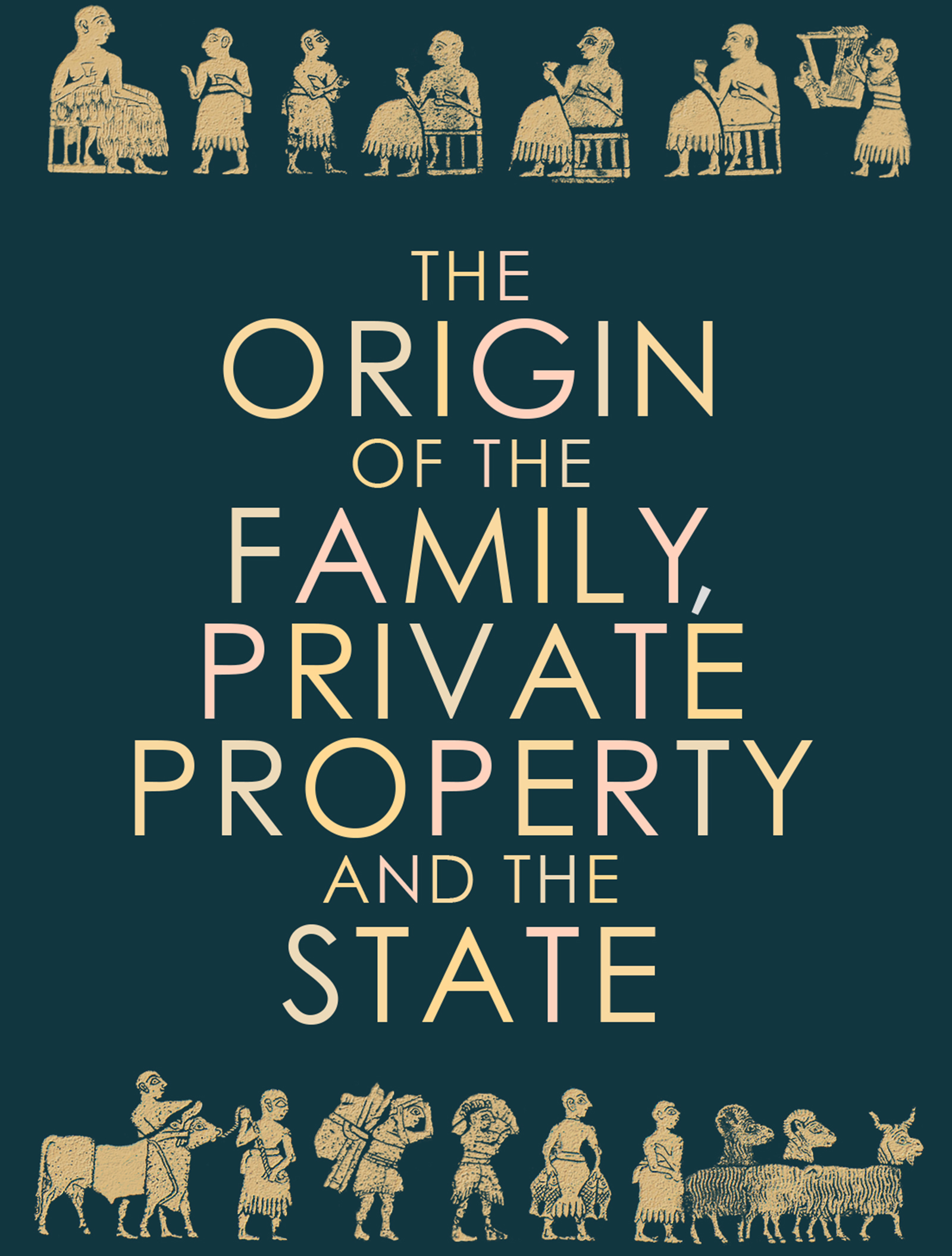
The Origin of the Family, Private Property and the State
First published in 1884, The Origin of the Family is one of the most important works of Marxist theory. Basing himself on the research of anthropologist Lewis Henry Morgan, Friedrich Engels builds on his revolutionary discovery that the family structure has passed through multiple stages throughout history. He shows that, ultimately, the determining factor in these changes is the economic mode of production.
Using the method of historical materialism, Engels also demonstrates that the oppression of women has not always existed, and is not the product of inherent traits. Rather, it emerged historically with the production of a surplus and the division of society into classes. He also shows that the state, far from being a neutral arbiter in society, arose with the emergence of class society. It is ultimately “armed bodies of men” in defence of the ruling class. Read more
Multimedia
Why identity politics can’t liberate women
The fight for women’s liberation is one of the burning issues in the labour movement, and has been for over a hundred years. While we have come a long way in Canada, women continue to be an oppressed group under capitalism and our basic rights are constantly under attack. Most recently, COVID-19 has reversed decades of hard-won progress.
What is the best way forward for the women’s movement? The struggle against oppression is fundamentally divided into two camps, which have different demands and tactics: Marxism and identity politics. The points of disagreement include: do capitalist and working women have common interests? What should be our main tool in the struggle for progress: the legal system or the class struggle?
In this episode Atefa Akbary, an activist from La Riposte syndicale, discusses why identity politics can’t liberate women.
This Week in the Canadian Revolution #13: Attack on abortion rights and how to fight back
Our host, Joel Bergman, editor of Fightback is joined by Laura Brown, editor of Socialist Revolution in the United States, to discuss the threatened overturn of Roe v. Wade, and how to fight back for abortion rights.
The Marxist fight against oppression
Many people are appalled by the racism, sexism, homophobia, transphobia and all other forms of oppression and discrimination that capitalism breeds. Movements such as Black Lives Matter, Idle No More and the world wide strikes on International Women’s Day show the burning desire to fight oppression in all its forms. Some wishing to fight oppression ascribe to ideas under the umbrella of “identity politics.” But where does Marxism stand in relation to these ideas? And how do Marxists propose that we eradicate oppression and discrimination?
Women, Life, Freedom, Socialism: Lessons from Iranian Revolutionaries
The movement against the Iranian regime has escalated on the streets, spreading to more than 140 cities, towns and villages. What started as a protest against the killing of a young Kurdish woman has turned into a powerful revolutionary movement of the youth against the entire regime. In this talk from October 6, 2022, Fightback organizer Maral answers the big question: where does the movement go from here? The movement in Iran is a graphic demonstration of the way that the fight against the oppression of women broadens into the fight against the oppression of the entire class.

